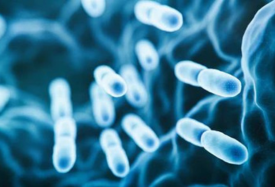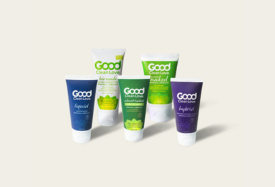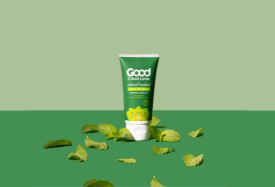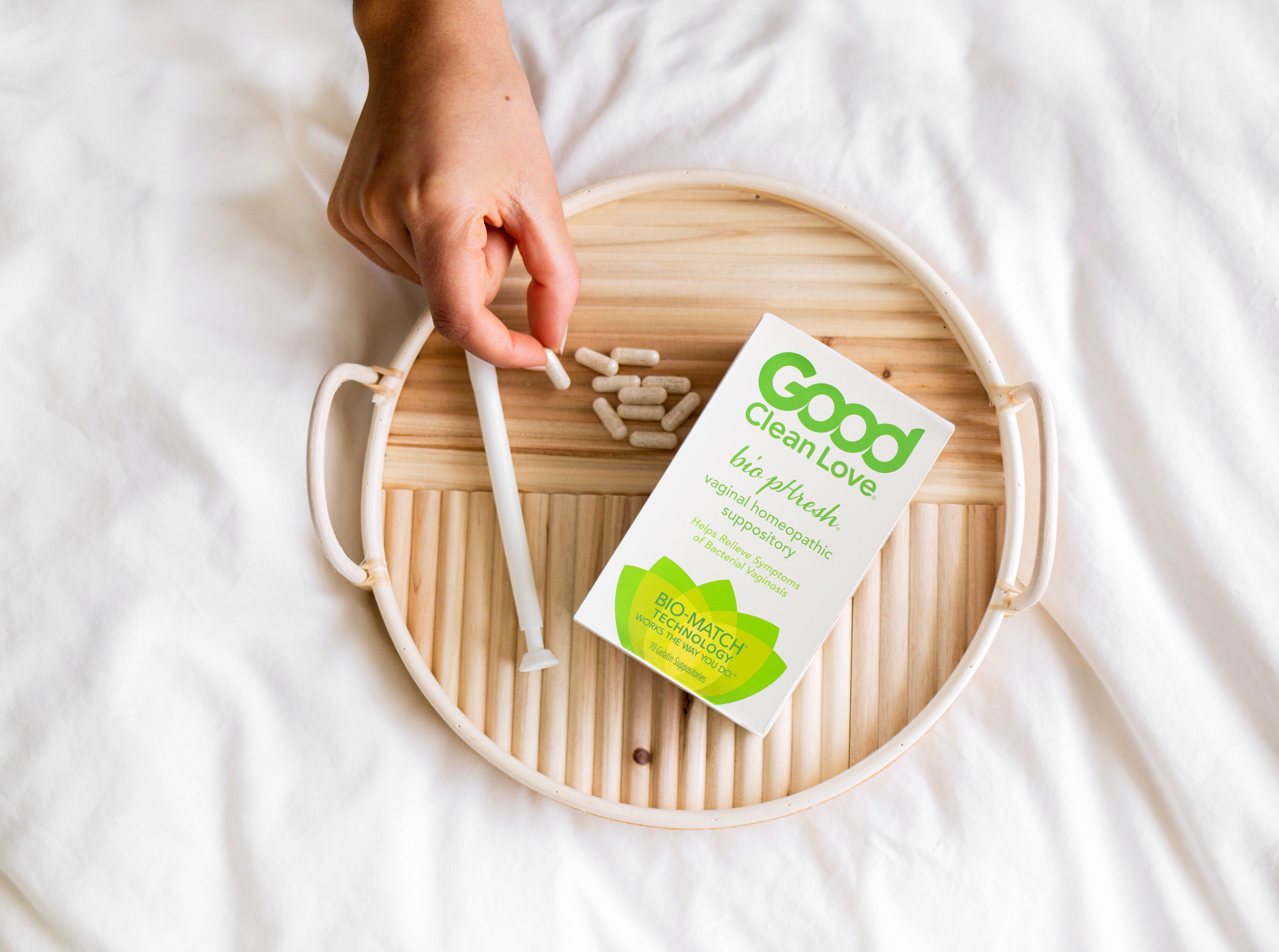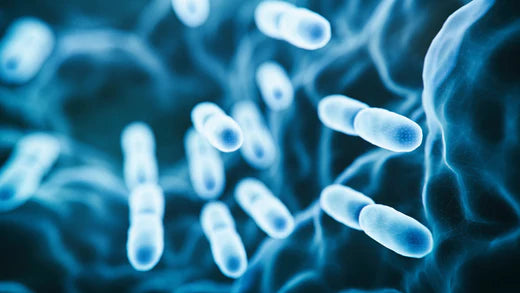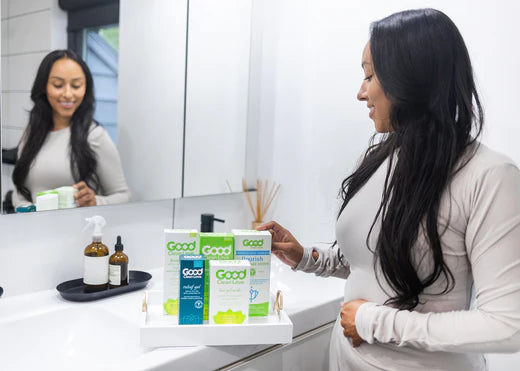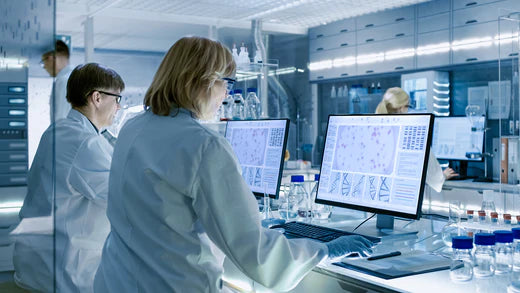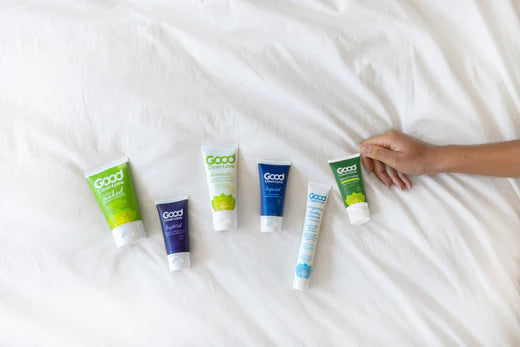Lubrication is a fact of life – it is the grease that keeps the crank turning, the fluidity of a conversation that goes late into the night, the moisture that transforms the friction of skin-to-skin contact into a glide. I have spent much of my adult life thinking about lubricants, specifically sexual lubricants – and how to make them better. When I first began studying lubes, it was personal. I was searching for something that didn’t create so many negative side effects. The itching and burning from using them not only killed the mood but was threatening my desire to have a sex life.
Now, all these years later, I know that the difference a good lube can make is not limited to how it feels when you use it, but can also have serious impact on your sexual health long after the sexy part is over.
A recent study we conducted on college campuses showed that the vast majority of college students use personal lubricants less than rarely. The myth driving this practice is that just by being young and turned on, you don’t need lube.
Much of pornography propels the erroneous belief that spontaneous wetness is the norm. So for them, wanting or needing lube is like an admission of not being turned on enough. Combine this with the burning, itchy side effects of many OTC lubes and it is not surprising that the benefits that good lubricant offers gets lost in the mix.
Vaginal dryness is often the gateway to ongoing sexual discomfort. Not only is it the most common symptom of sexual dysfunction, but it is also the one that unknowingly can provoke other more challenging symptoms like painful sex and loss of desire. There are many common circumstances that inhibit our body’s ability to self-lubricate – like the stress of not knowing your sexual partner very well or drinking too much before you have sex, as well as a variety of prescription medicines from anti-depressants to antihistamines that dry up vaginal tissue. Not to mention the myriad of other life circumstances like pregnancy, nursing babies, peri- and post-menopause among others. The point is that vaginal dryness is normal and happens with almost the same frequency as natural vaginal moisture.
The truth is that having sex without sufficient natural lubrication is guaranteed to end in painful sex. And it only takes a few episodes of non-lubricated intercourse for the body’s internal messaging about sexual arousal to shut down too. Before long, it becomes impossible to tease out what started where. The most common form of sexual dysfunction that impacts millions of women of all ages includes vaginal dryness, painful sex, and no libido – all competing for attention. Using a good, healthy lubricant is one of the simplest ways to prevent and help eliminate this persistent cycle of sexual dysfunction.
Finding the right kind of lubricant made with ingredients that work with and support the fragile vaginal ecosystem is key. The truth is that it is better to use no lubricant than using one that is incompatible with the most sensitive tissue in the body. Many petrochemical-based lubes are hyperosmolar, which means that the molecular weight of the product ingredients is heavier than the human cell tissue. It's possible that exposure to hyperosmolar lubricants can increase risk of infection.
For years, I believed that my burning and itching reaction to most lubricants was an allergic one. Now we know that with or without the experience the negative side effects, these hyperosmolar lubricants may disrupt the vaginal ecosystem. For many, a pH imbalance is associated with bacterial vaginosis (BV), the most common genital infection and the least diagnosed. Roughly one in three women have BV and when it goes undiagnosed, these women are more susceptible to both more serious STDs and HIV, as well as more likely to transmit these diseases to a partner.
So, a good lubricant does more than just enhance our sexual times. When they are made to work with the body, they are called isotonic which means they don’t add or subtract any fluids from the fragile vaginal lining. This helps the body to maintain an optimal vaginal ecosystem that keeps pH levels low and supports the healthy lactobacilli to do their job of fighting bad bacteria.
After all my years of formulating and learning, I know this: A good lubricant must support the challenges that women face of maintaining a healthy vaginal ecosystem not just for sexual moments, but all the days in between. Adding good lube to your life not only adds more time to your sexual encounters, but should also add peace of mind for the health of your vagina.

